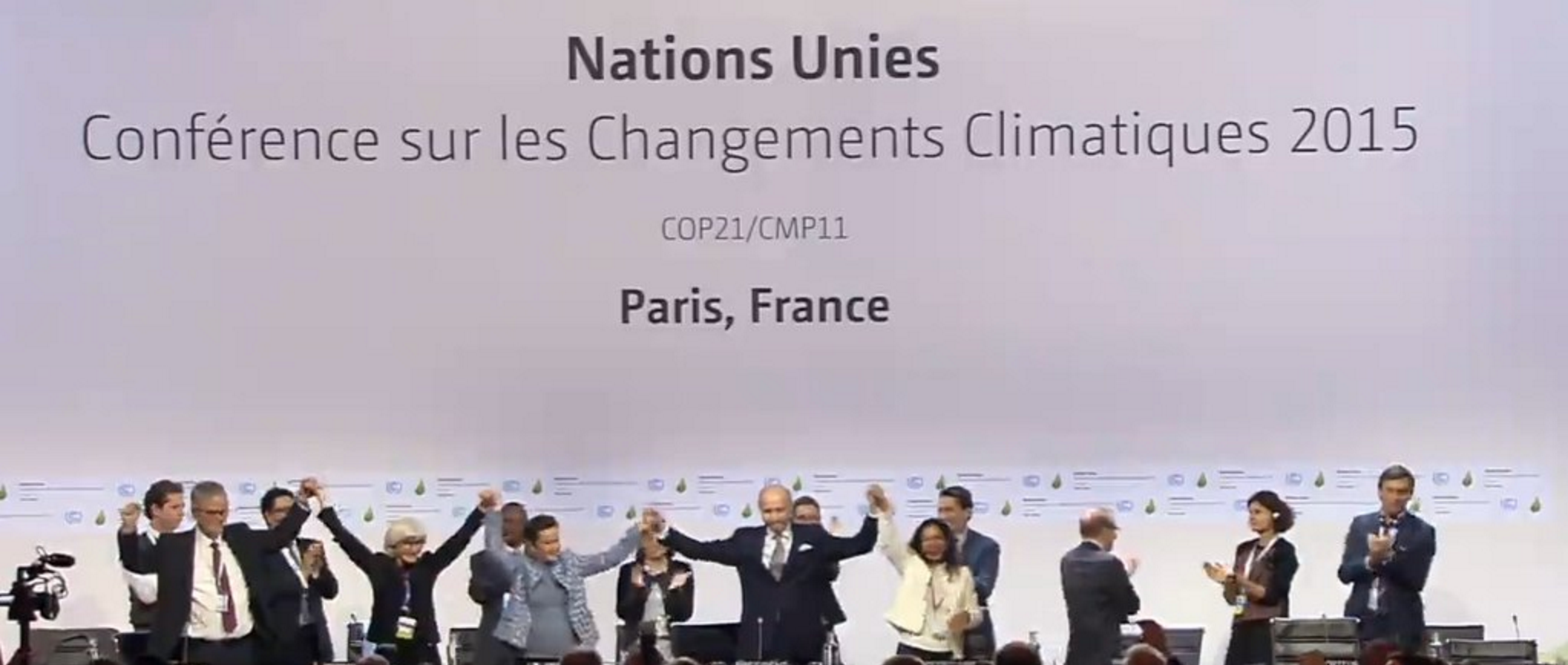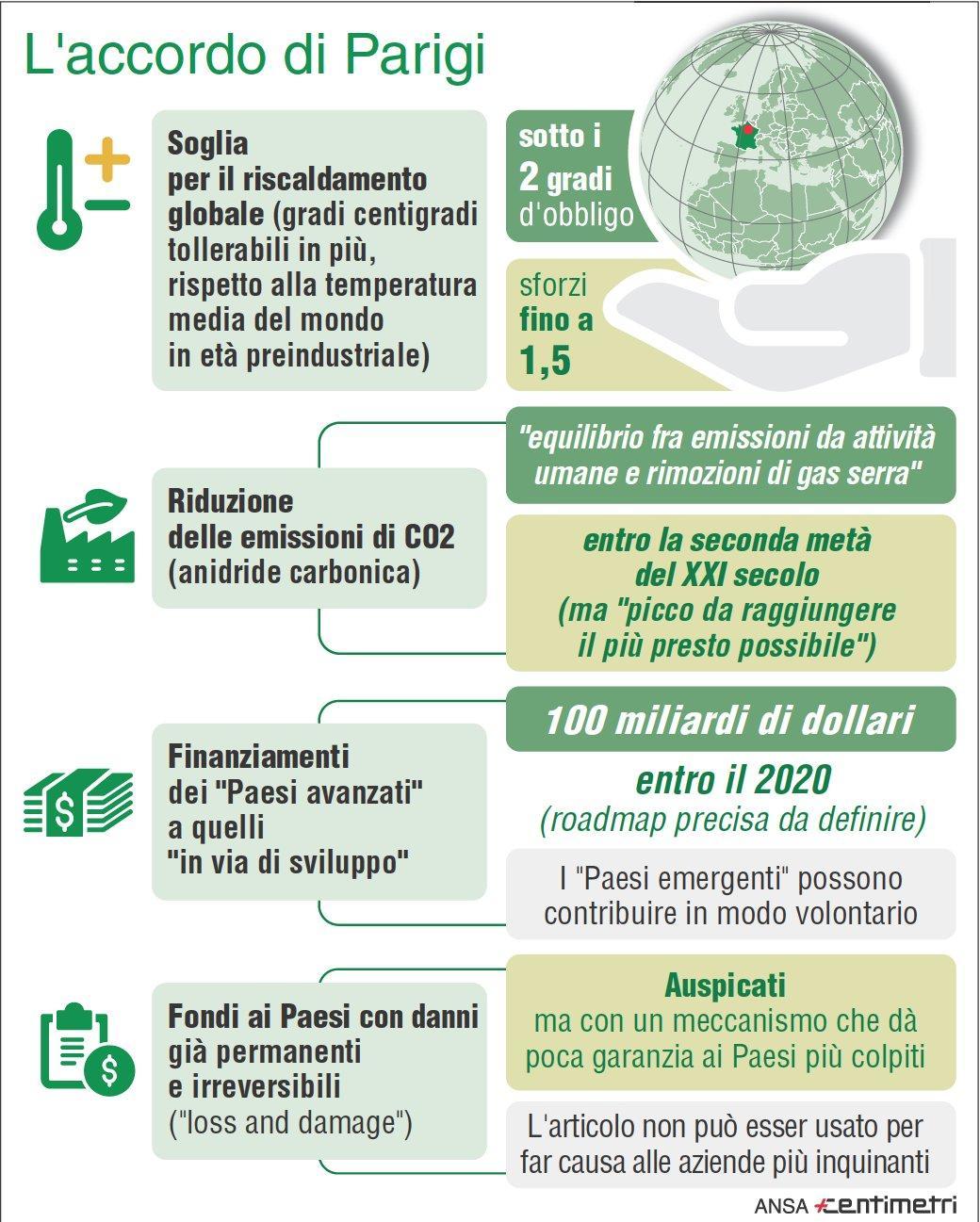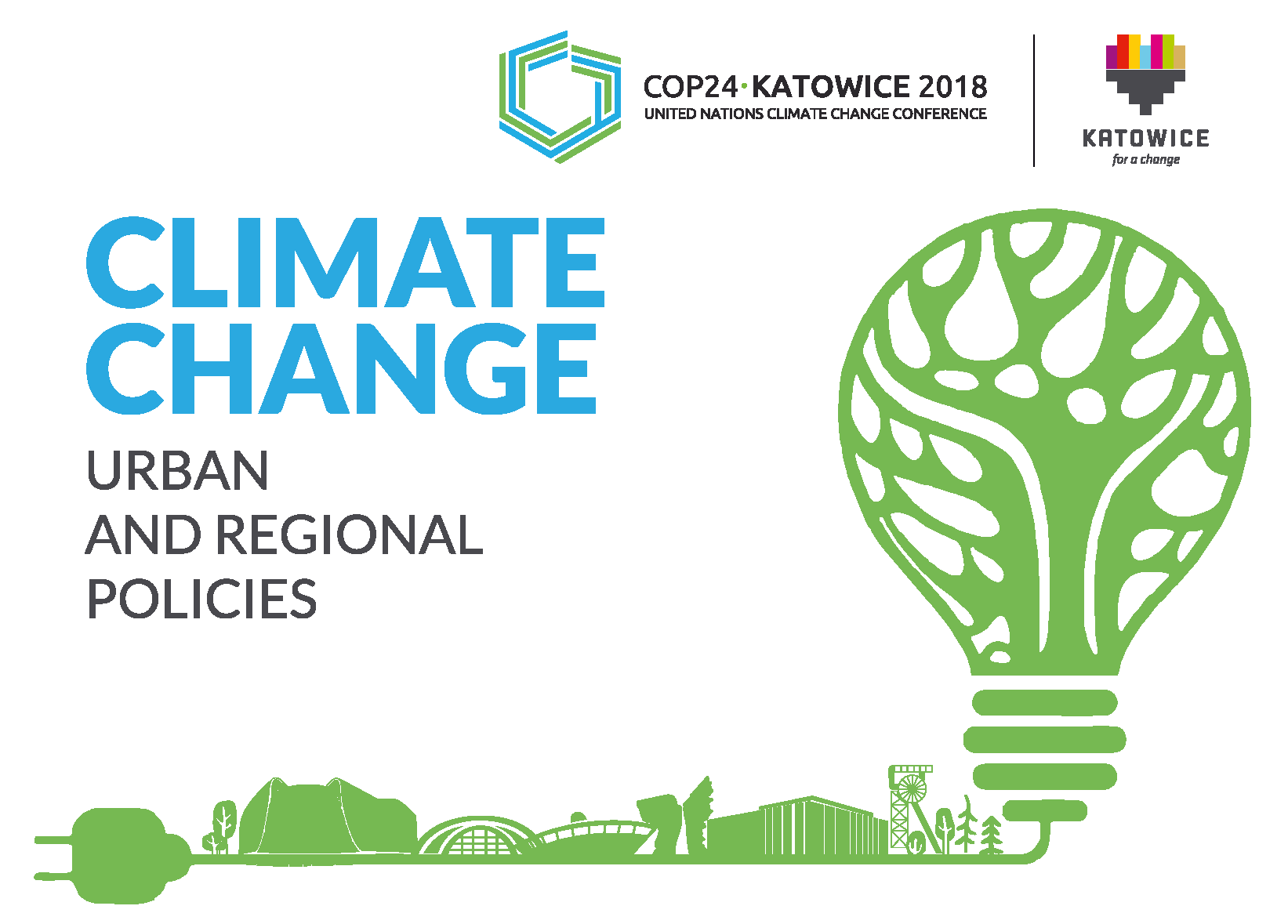The question about the climate change is mondially important. Infact, this topic is treaty by an apposite conference called COP, which means conference of the parts of the United Nation Framework Convention on Climate Change (UNFCCC).
The COP23 already took place from the 6th to the 17th of November of the 2017 in Bonn. This year the COP24 took place in Poland from the 3th to the 14th of December of the 2018. In this occasion got together the representatives of 200 Countries to review and re-stipulate the Paris’ Agreement about the climate.
The Paris’ agreement
In Paris, we remember the first time when the world, through its representatives, got together to concretely help our planet. The agreement was stipulated during the COP21, in the december of the 2015.
It shall enter into force the 4th of November of the 2016 and it is the first global agreement legally binding about the climate. The Paris agreement provides to keep the global warming under the 2ºC and it will be in force starting from the 2020.
“The Paris agreement remains a cornerstone for the initiatives at mondial level due to efficiently deal the climate change and it can’t be rescheduled”, claim the UE’s leaders.

The purposes of the Paris Agreement
- The main purpose is the one to keep the medium global temperature’s increasing under the 2°C in advance compared with the preindustrial levels and to keep going to reach the 1,5°C;
- make possible that the global emissions will reach the maximum level as soon as possible (separeting the conditions between the developed countries and the less developed countries);
- following afterwards with quick reductions through the most advanced scientifical solutions available.

ANSA/CENTIMETRI
The principles of the Paris agreement
- every country has global and national climate action plans overall with the purpose to combat the emissions (INDC);
- minimisation of the losses and of the damages linked with the climate change;
- every 5 years the governments debate their goals to fixing further more;
- the results reached by the governements must be transparent and under control;
- the UE and the other developed countries will still giving funding for the climate to the developing countries to help them both to reduce the emissions and to become more resilient to the effects of the climate changes.
The COP24
The 2018 was one of the warmest year with highest concentration of carbon dioxide. The COP24 of Katowice, in Slesia, was really awaited because the conference collected the representatives of the countries to define the rules of application of the Paris agreement.
Basically from the COP24 we wondered a guide book rich of practical application’s principles, useful to realize the climate proposes of the Paris agreement. For this reason, somebody even believed that this COP could become even more important than the Paris one.
In reality many environmentalists, many scientists and so on, were really disappointed about the general expectations.
Especially, the environmentalists Greenpeace pushed the governments to “immediatelly speed on the actions to reduce the greenhouse gas emissions and to demonstrate to have heard the requestes that arrive from the society“.
“The signs that arrive from INDC (Intended Nationally Determined Contributions) are unsatisfying” said Hanna Fekete, important researcher about the climate change.
“The progresses are mediocre. Some countries improved their national efforts, some even worsened their efforts”. Like we previously saw, the INDC are one of the representatives of the progress of every country compared with the purposes of the Paris agreement.
“Nowadays, with the actual INDC, in the 2100 the world will reach a temperature of 3,2°C. Without it will be 3,4°. We need to reach the 1,5°C” goes on Hanna Fekete.
According to the current situation, basically, is impossible that the governments practically act and get efforts, until the 2020, to align their national plans about the climate with the purpose to keep the temperatures’ increasing under the 1,5°C.
The only useful strong point to combat the climate change remains the scientific and technological progress: they still study and implement new technologies which can help us to combat the global warming.
This post is also available in:


